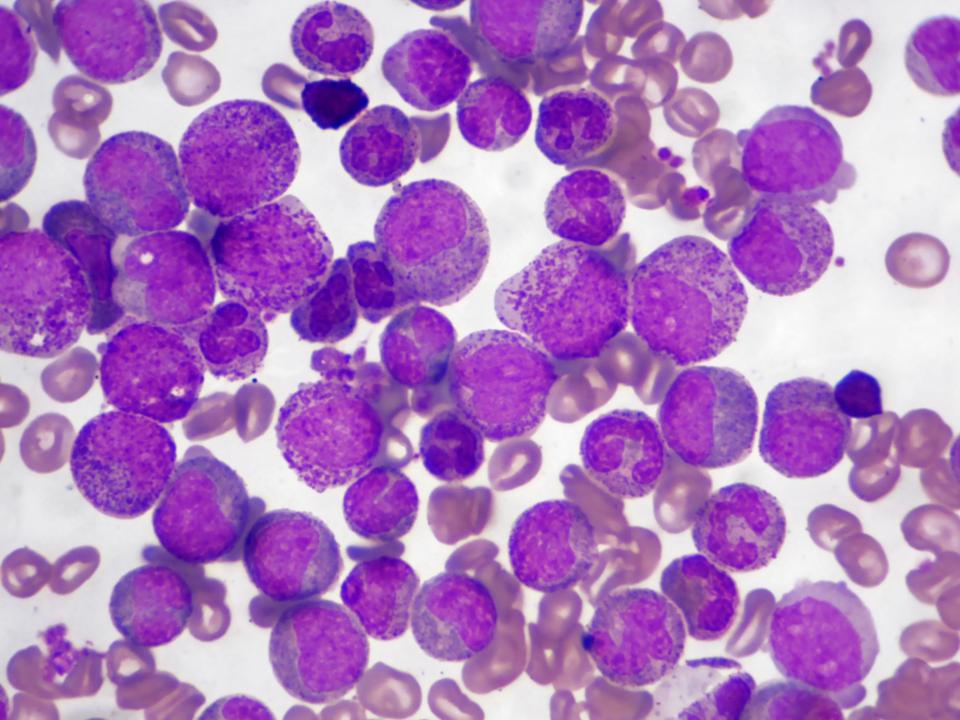Cancer breakthrough could see doctors use artificial intelligence to predict where killer disease will spread

DOCTORS could start using artificial intelligence to save the lives of thousands of cancer patients by predicting where the killer disease will spread.
A team of British scientists have developed new technology which picks out patterns in DNA mutation and uses the information to forecast future genetic changes.
Experts say the technique has the potential to forecast whether a tumour will become aggressive, its response to treatment and what combination of drugs might work.
It'll allow doctors to intervene and stop the disease earlier and help them design the most effective treatment for each patient, increasing their survival chances.
The new technique, known as Revolver (Repeated evolution of cancer), was developed at the Institute of Cancer Research London (ICR) and the University of Edinburgh.
Dr Andrea Sottoriva, who led the study, said: "We've developed a powerful artificial intelligence tool which can make predictions about the future steps in the evolution of tumours based on certain patterns of mutation that have so far remained hidden within complex data sets.
"With this tool we hope to remove one of cancer's trump cards - the fact that it evolves unpredictably, without us knowing what is going to happen next.
"By giving us a peek into the future, we could potentially use this AI tool to intervene at an earlier stage, predicting cancer's next move."
Researchers used 768 tumour samples from 178 patients reported in previous studies for lung, breast, kidney and bowel cancer, and analysed the data within each cancer type respectively to accurately detect and compare changes in each tumour.
By identifying repeating patterns and combining this with current knowledge of cancer biology and evolution, scientists could predict the future trajectory of tumour development.
If tumours with certain patterns are found to develop resistance to a particular treatment, this novel methodology could be used to predict if patients will develop resistance in the future.
ICR chief executive Professor Paul Workman said: "Cancer evolution is the biggest challenge we face in creating treatments that will work more effectively for patients.
MOST READ IN HEALTH
"If we are able to predict how a tumour will evolve, the treatment could be altered before adaptation and drug resistance ever occur, putting us one step ahead of the cancer.
"This new approach using AI could allow treatment to be personalised in a more detailed way and at an earlier stage than is currently possible, tailoring it to the characteristics of each individual tumour and to predictions of what that tumour will look like in the future."
The research is published in the journal Nature Methods.
We pay for your stories! Do you have a story for The Sun Online news team? Email us at [email protected] or call 0207 782 4368 . You can WhatsApp us on 07810 791 502. We pay for videos too. Click here to upload yours.







